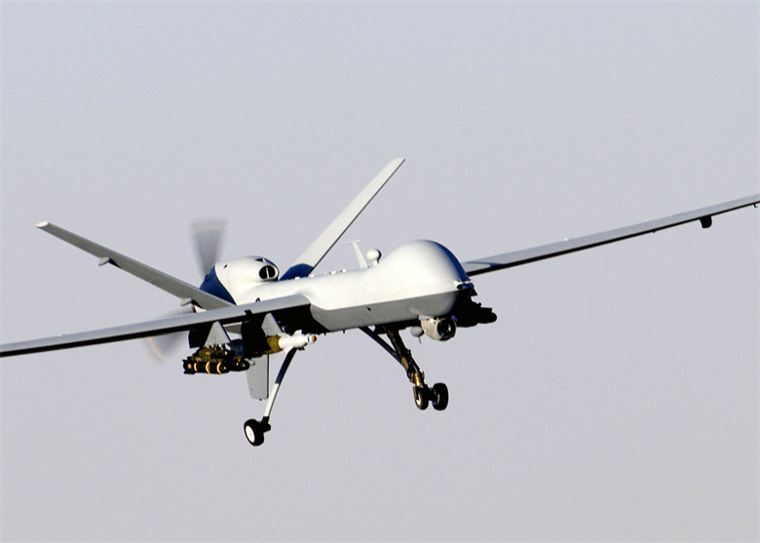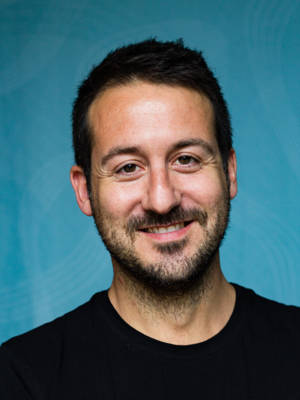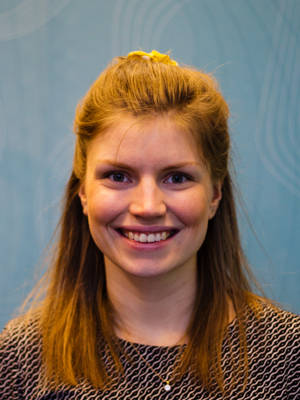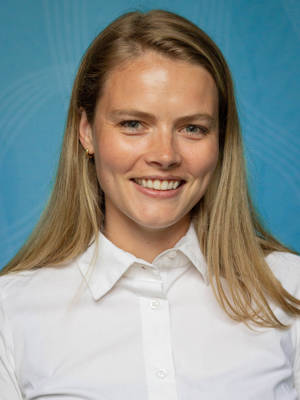Debates within research on the topic of armed drones often unfold within closed and self-reinforcing academic circles. This often leads to replicated arguments and dynamics of intradisciplinary, and to absence of communication between different strands of knowledge in the field.
TRANSAD aims at addressing this caveat by bringing together a diversified group of experts that work on the proliferation and usage of armed drones. The aim is to create a stable and long-term oriented transnational academic network for the study of drones in order to advance the study of this technology and to communicate its findings to the broader society outside academia. As the project develped, we have broaden the scope of our inquiry to encompass not only armed drones, but also civilian drones and other dual-use technologies, always from a security perspective.
The objectives of the network are threefold: firstly, to map the state-of-the-art and to identify the main current and future trends on the academic research on the topic; secondly, to bring together different specialists from fields to enable mutual knowledge exchange and fruitful cross-sectoral learning; and thirdly, to disseminate the academic debates to a wider audience and will allow and engagement with policy makers, NGOs, journalists and other interested members of the civil society.
One of the understudied aspects with in drone research is drone use and proliferation in Africa. TRANSAD aims to enhance the knowledge on this topic and it gathered experts for the first TRANSAD workshop "Drone proliferation and Use in Africa" that took place at PRIO, 30.-31. August 2018. The second workshop took place at the University of Bath on 23-24 May 2019 on the topic "Technology, Security and Warfare". The third workshop dealt with "Emerging Technologies and International Security in the Mediterranean Region" and took place in Barcelona in 21-22 November 2019.
The project is conducted in partnership with the Centre for War & Technology at the University of Bath and with funding from Open Society Foundations' Human Rights Initiative.
The members of the project's Core Network are:
Chantal Lavallée, Royal Military College Saint-Jean
Kristin B. Sandvik, Univ. of Oslo and PRIO
Wali Aslam, University of Bath
Jessica Dorsey, University of Amsterdam
André Barrinha, University of Bath
Arthur Holland Michel, Centre for the Study of the Drone, Bard College
Bruno Oliveira Martins, PRIO
Nicholas Marsh, PRIO











